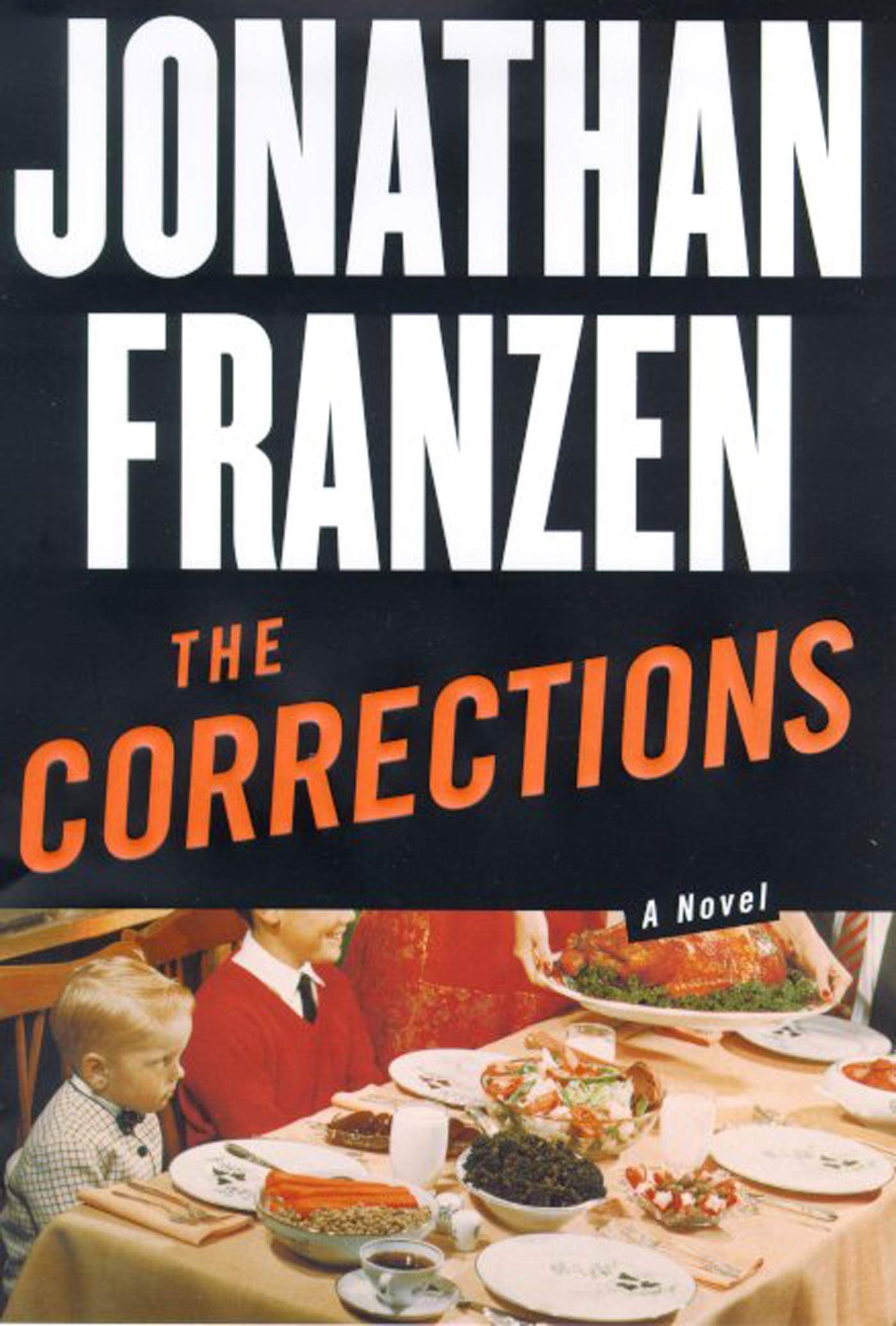There are good reasons why The Corrections is talked about in the same breath as the great 19th-century Russian novels. The book has similar ambitions—to explore psychological truths and social dilemmas through detailing the inner lives of a family—and Franzen is an undeniably talented storyteller. But I can’t recall having been more depressed reading a book. Dostoevsky didn’t flinch at drawing out the darkest, hollowest parts of his characters; but his love of humanity, his belief that a non-negligible fraction of the human experience ends in decency and even genuine salvation, also shines through his works. Franzen replaces all that love with satire—witty satire, yes, but wit that corrodes the characters so thoroughly that eventually nothing is left but slightly varying flesh-bags of neuroses. No one in The Corrections is likable or even, by the end, tolerable. The strings of bad decisions are too much. I get that America did this to us, modernity did this to us. I get that readers appreciate relatable neuroticism (which perhaps also explain’s Knausgaard’s appeal), but shouldn’t the Lamberts also get to share their joys, their fleeting moments of being good and wise people, if only to emphasize their larger tragedies? 5
Franzen, Jonathan. The Corrections. Farrar, Strauss, and Giroux, 2001. Reviewed Sep 11, 2024.
